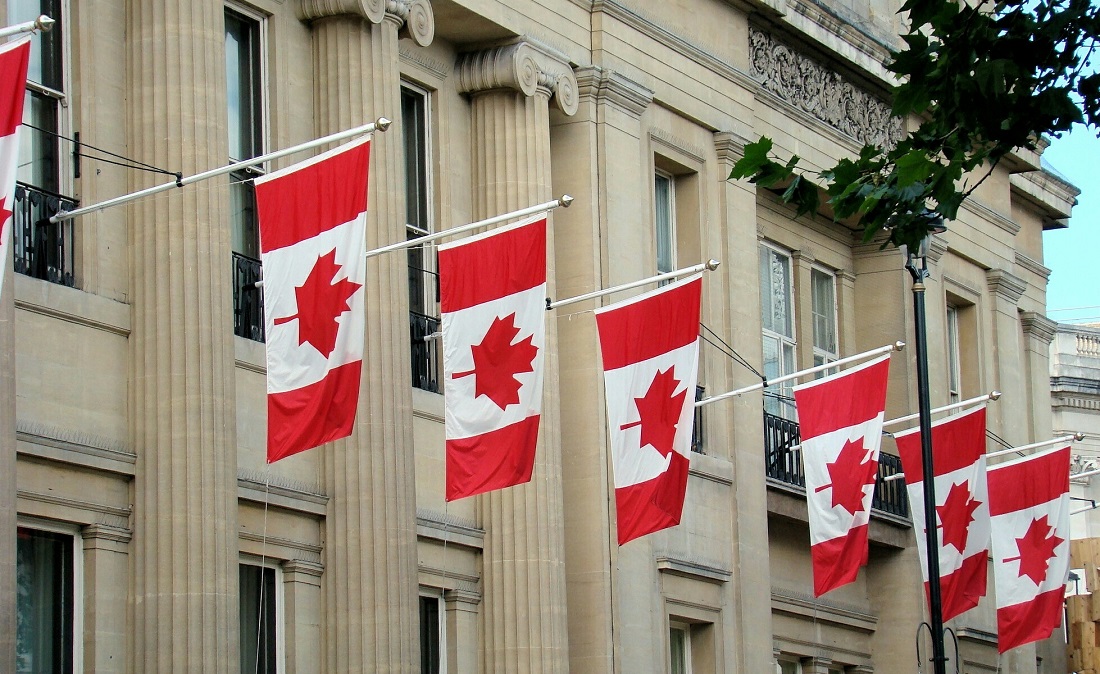Canada legalized euthanasia — or as they call it, “medical assistance in dying” (MAiD) — several years ago, and the country has rapidly been falling down the same slippery slope as other countries who have done the same. Yet now, with the coronavirus pandemic raging, it appears that for some hospitals, ending lives through euthanasia/assisted suicide is not an “essential” service.
The Globe and Mail reported that at least two organizations in Ontario have stopped committing euthanasia. The Champlain Regional MAID Network reported they would no longer commit euthanasia in hospitals or homes, in an effort to lessen possible transmission of the coronavirus and preserve medical supplies. “After careful consideration of the principles to prevent COVID-19 transmission and conserve health-care resources, and in alignment with the provincial ramp-down of elective services, effective immediately, we will not be providing community MAiD procedures or in-patient procedures at The Ottawa Hospital,” a notice issued from the corporation read. “Additionally, our partners at Home and Community Care will not be in a position to provide nursing support for independent practitioners who wish to provide MAiD in the community.”
Meanwhile, Hamilton Health Sciences, a hospital network consisting of seven hospitals and a cancer center, likewise said they would no longer commit euthanasia during the coronavirus. “It’s not a decision that we have taken lightly,” Andrea Frolic, director of the office of ethics and the MAiD program at Hamilton Health Sciences, told the Globe and Mail. “It’s heartbreaking for us, as it is for patients and families seeking this care.”
READ: Euthanasia in Canada: No longer just for those ‘near death,’ advocates push ‘advance consent’
Unsurprisingly, euthanasia advocates are not pleased at this development.
“I think it’s really unfortunate. I don’t know their rationale for having shut it down completely,” Chantal Perrot, who commits euthanasia, said. “I don’t understand how they could not see MAiD as an essential service for people who are at end of life.” And the University Health Network in Toronto is continuing to commit euthanasia, although beds will not be offered to outpatients seeking it. Mark Bonta, director of the euthanasia program there, said they had make “very difficult decisions,” but that ultimately, it was important to continue making it available. “Given that MAiD is something that is listed as a human right for our patients… we recognized it was important that this be deemed an essential service,” he said.
Consider that: in Canada, euthanasia is deemed to be a human right. Perhaps this is why the country is pushing for unethical things like partnering organ harvesting with euthanasia, or pushing euthanasia on people instead of offering them legitimate health care. The country is even considering allowing children to be euthanized. It’s telling that in an emergency, some have realized the priority needs to finally be on saving lives — and others are still focused solely on peddling death above all else.
“Like” Live Action News on Facebook for more pro-life news and commentary!







